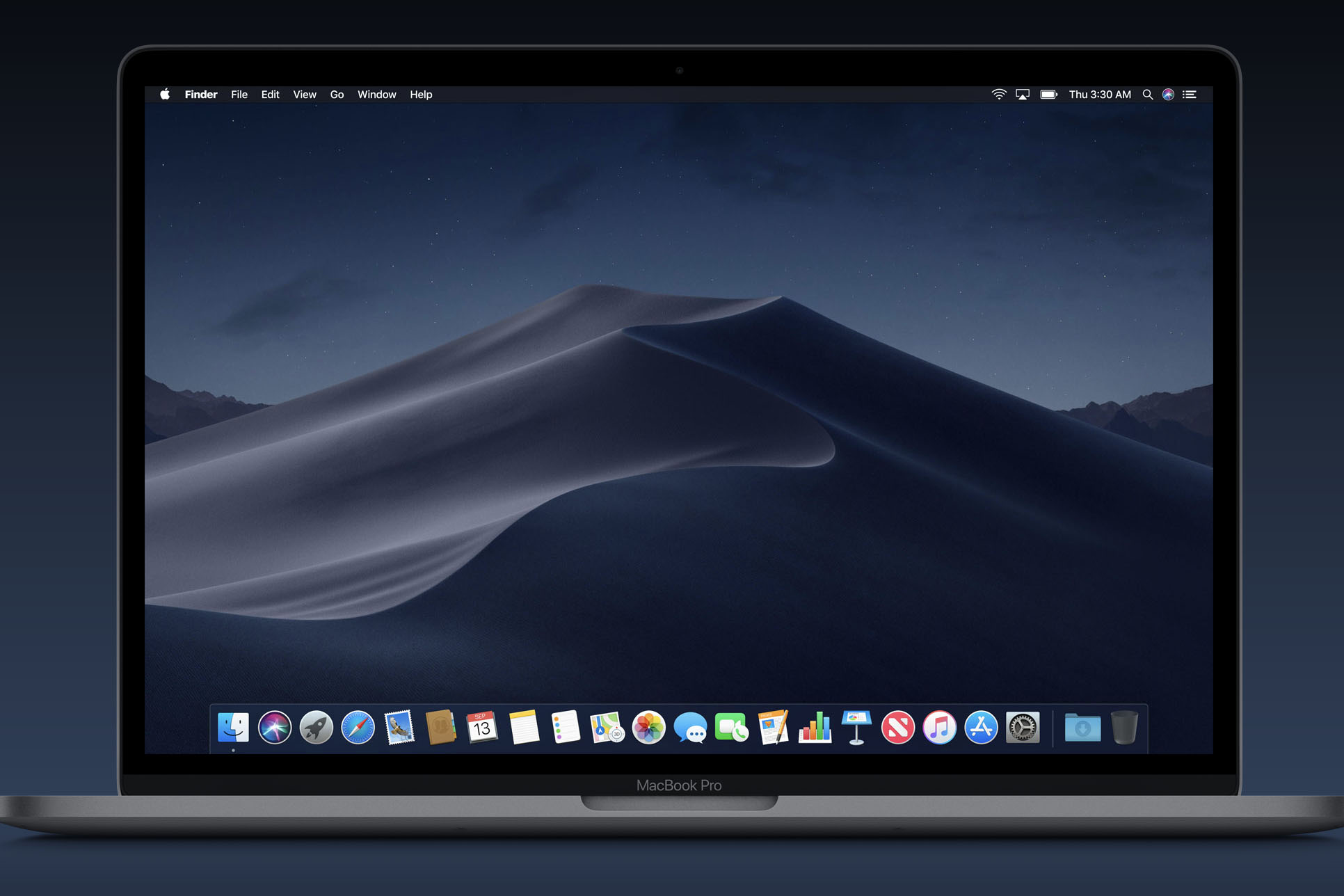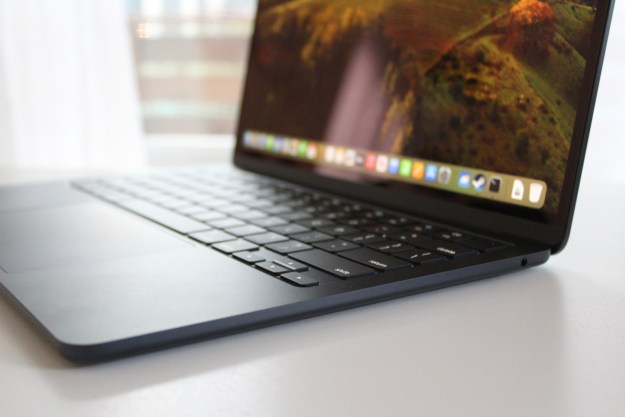
With the launch of a new version of macOS from Apple typically comes a culmination of new features, better performance, and enhanced security. Unfortunately, the previous statement might not necessarily be true as security researcher Patrick Wardle, co-founder of Digita Security, has discovered that MacOS Mojave includes a severe security flaw; the bug is currently present on all machines running the latest version of macOS and allows unauthorized access to a users’ private data.
Wardle announced his discovery on Twitter, showcasing that he could easily bypass macOS Mojave’s built-in privacy protections. Due to the flaw, an unauthorized application could circumvent the system’s security and gain access to potentially sensitive information. With the Twitter post, Wardle also included a one-minute Vimeo video showing the hack in progress.
The short video begins with Wardle attempting to access a user’s protected address book and receiving a message that states the operation is not permitted. After accessing and running his bypass program, breakMojave, Wardle is then able to locate the user’s address book, circumvent the machine’s privacy access controls, and copy the address book’s contents to his desktop — no permissions needed.
Wardle is an experienced security researcher who has worked at NASA and the National Security Agency in his past; he notes that one of his current passions is finding MacOS security flaws before others have the chance. While it is unlikely Wardle will release the app as a malicious tool, he does want to spread knowledge of its existence so that Apple addresses the issue in a timely fashion.
As usual for such a discovery, Apple has yet to comment on the vulnerability, so our eyes will be tied to future OS updates, looking for a bug fix. As MacOS Mojave was only officially launched September 24, the finding is indeed considered a ‘day-zero’ vulnerability, and we hope that Apple will jump to address the problem as soon as possible.
For fellow security researchers who want to know more details about the attack, Wardle will be speaking about the bug at the upcoming Mac security conference ‘Objective by the Sea,’ hosted in Hawaii in November. For the rest of us, we are in Apple’s hands until the security vulnerability is patched.
Editors' Recommendations
- Does your Mac need antivirus software in 2024? We asked the experts
- Don’t download the latest macOS Ventura update just yet
- I was wrong about using Stage Manager on Mac
- How to change the default apps on a Mac
- 10 Mac trackpad gestures that everyone should be using


